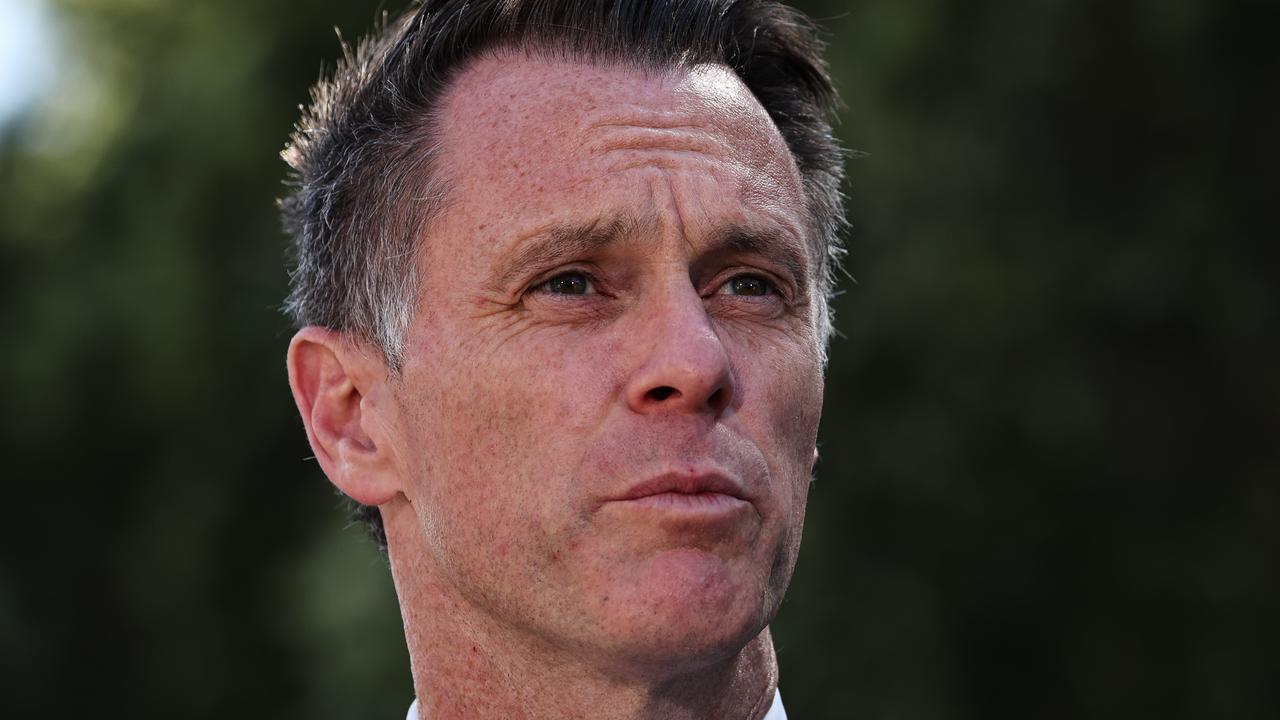By BR Web Desk
Copyright brecorder

Indus Motor Company Limited (INDU), the assembler of Toyota vehicles in Pakistan, has cautioned that easing used car imports under the National Tariff Policy (2025–30) could disrupt the country’s auto sector.
The automaker gave its views in its annual report, made available to the Pakistan Stock Exchange (PSX), on Wednesday.
“The National Tariff Policy (2025–30) targets tariff rationalisation and trade liberalisation in line with global practices. While well-intentioned, measures such as eliminating duties and easing used car imports risk disrupting Pakistan’s auto industry, weakening supply chains, and threatening jobs and economic stability in the near to medium term,” INDU said.
Used cars’ scheme for overseas Pakistanis: ministry facing ‘ifs and buts’ situation
The automaker shared that used-vehicle imports remained elevated in FY 2024–25, with industry estimates placing volumes at 40,000–45,000 units, equivalent to roughly 30% of total sales reported by PAMA member manufacturers and assemblers.
Indus Motor noted that the combined installed production capacity of the domestic industry currently stands at around 500,000 units annually. However, with current plant utilisation at approximately 36%, more than 60% of installed capacity remains idle.
“In this environment, the continued influx of used vehicles not only adds to the import bill but also constrains the utilisation of domestic capacity, suppresses employment potential, and undermines investor confidence in Pakistan’s long-term automotive prospects,” read the report.
During the fiscal year 2024-25, Indus Motor experienced a robust recovery marked by a remarkable 56% surge in sales. The company sold an impressive 33,757 units, a significant increase from the 21,603 units sold in the previous year.
“We expect growth to extend into FY 2025–26, supported by further policy rate reductions, favourable base effects, and expanding hybrid and electric vehicle adoption.
“To unlock the sector’s long-term potential, it is vital to address structural challenges such as underutilised capacity, supply chain vulnerabilities, higher taxation, and high operating costs. Policy consistency, localisation incentives, and strategic technology investment will be essential to sustaining momentum,” the company said.



